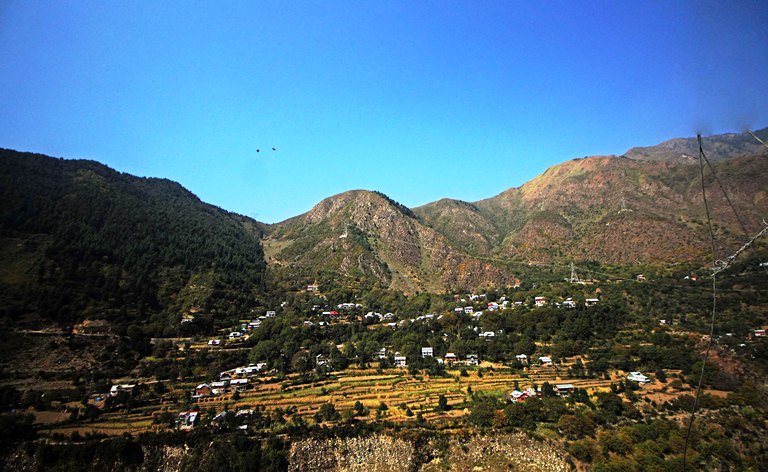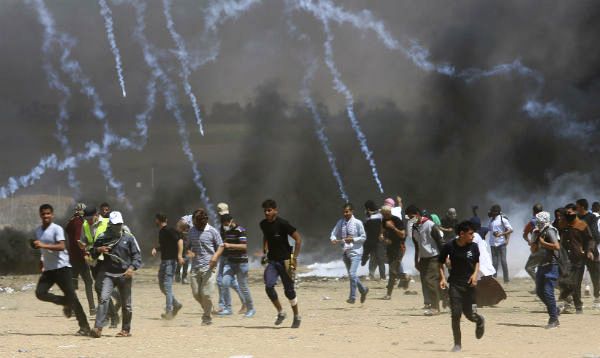SRINAGAR: Ministry for Home Affairs (MHA) in its latest notification has extended the jurisdiction of the Border Security Force (BSF) with respect to their area of operation in several states bordering Pakistan and Bangladesh.

“BSF can search, arrest and seize for the purpose of any offence punishable under the Passport Act, Registration of Foreigners Act, the Central Excise and Salt Act, the Foreigners Act, Foreign Exchange Management Act, the Customs Act or any other cognizable offence punishable under any other Central Act,” MHA notification said.
The notification was issued by the MHA in the exercise of powers conferred by the sub-section (I) of section 139 of the BSF ACT, 1968.
In principle, BSF has been granted jurisdiction to the whole areas of UTs of Jammu and Kashmir and Ladakh regions along with the North-Eastern states except Assam.
This notification comes at a time when there has been renewed activity at the Line of Control (LoC) in Jammu and Kashmir and drone sightings along the International Border (IB) in the Punjab region while the eastern front is also tense, particularly the Assam belt.
The latest order now allows the BSF to exercise and discharge the powers and duties without an order from the Magistrate or without a warrant.
In a gazette notification issued Monday, the MHA said it was amending an earlier notification of 2014 on the jurisdiction of the BSF to exercise its powers in states where it guards the international border, The Indian Express reported.
The MHA has modified the order to improve operational efficiency and to crack down on smuggling rackets, the newspaper said.
The Border Security Force has now been given powers at par with police forces of various states and UTs. While no boundaries have been set in the case of Jammu and Kashmir, Ladakh and North Eastern states of Manipur, Mizoram, Nagaland, Tripura and Meghalaya, the limit of jurisdiction has been increased in the states of non-BJP ruled states of Punjab and West Bengal and the BJP ruled Assam.
The Assam region has seen a rise in tensions with evictions of many people from the minority Muslim community being reported for allegedly ‘changing the demography of the region’. Similarly, Punjab has also seen weapon consignments and drugs being dropped with the help of drones, while West Bengal has become a preferred route for cattle smugglers to smuggle their cattle out of India and into Bangladesh.
Notably, the jurisdiction in Gujarat has been reduced from 80 to 50 kilometres. This comes after a major drug haul of 3000 kg heroin was recovered at Adani’s Mundra port in Gujarat. In Punjab, Assam and West Bengal, the limit has been increased from 15 to 50 kilometres.
This has drawn sharp reaction from West Bengal and Punjab governments who have criticized the Centre’s move as an “attack on Federalism.”
Punjab Chief Minister, Charanjit Singh Channi tweeted, “I strongly condemn the GoI’s unilateral decision to give additional powers to BSF within 50 km belt running along the international borders, which is a direct attack on federalism. I urge the Union Home Minister @AmitShah to immediately roll back this irrational decision.”
West Bengal Transport Minister and TMC leader Firhad Hakim said: “The Central Government is violating the federal structure of the country. Law and order is a state subject but the Central Government is trying to interfere through central agencies.”
Congress MP Manish Tewari while criticizing the Centre’s move tweeted that the Centre’s decision “transgresses upon Constitutional public order & policing remit of States” and that “Half of Punjab will now fall under BSF jurisdiction”.
“Section 139 (ii) gives sweeping powers of arrest to BSF. It has powers of preventive arrest under Section 139 (1) & post offence arrest under 139 (ii). No mention of consultation with local police. Scheme of Act & it’s implementation regime needs to be studied,” he tweeted.















